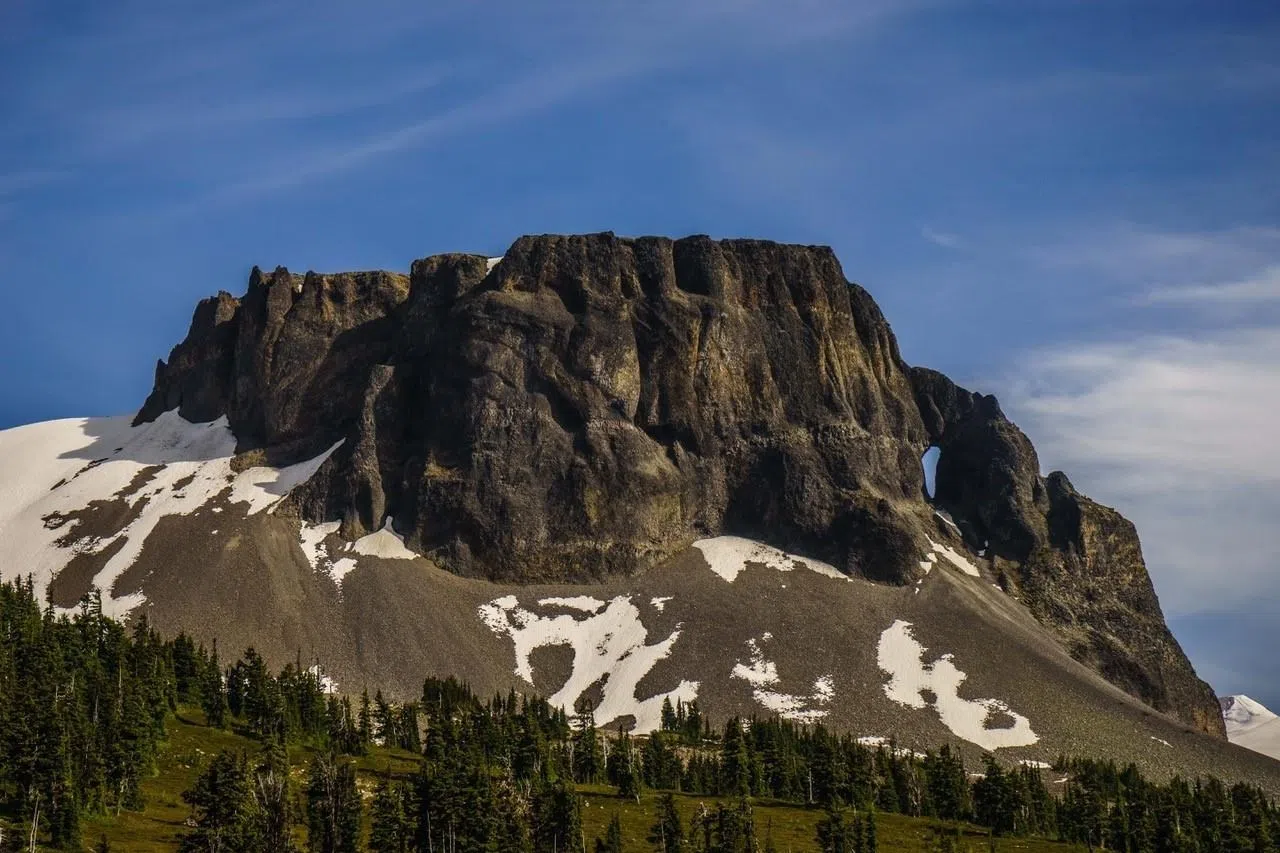
Scientists study past volcanoes in B.C. to understand climate in the future
VANCOUVER — Scientists are trying to reconstruct what the environment and climate of southwest British Columbia looked like over the past two million years by studying volcanoes that erupted under the glaciers.
Alex Wilson, a University of British Columbia PhD student and part of the research team, said in order to make predictions about the climate in the future, scientists need to understand the past.
He uses a combination of field analysis and radiometric dating to calculate when an eruption occurred and if it was beneath ice to infer what was happening with the climate going back millions of years.
“We want to understand how ice sheets have behaved in British Columbia in the past because we want to know how the glaciers in British Columbia grow and retreat in relation to the glaciers of the rest of the world,” he said.


